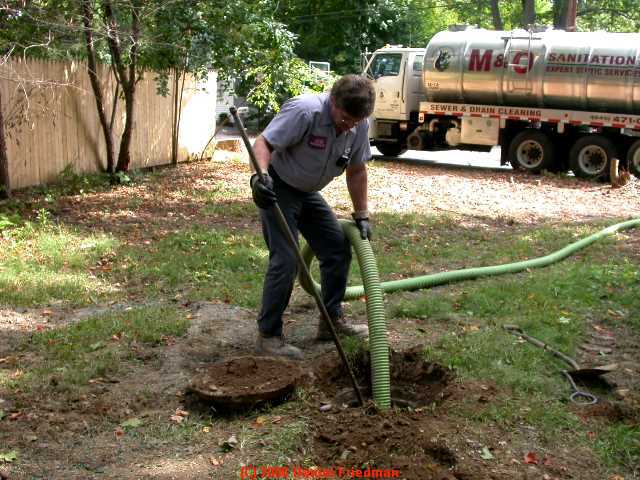Sewage treatment is a critical aspect of maintaining human health and protecting our ecosystems. Without proper management, sewage can pose hazardous risks to both people and the environment. Failing to achieve reliable and safe sewage treatment can lead to disastrous consequences such as toxic discharge, damage to natural resources, and even alarmingly high levels of disease.
It’s important to determine the quality of sewage regularly to ensure that it meets certain standards for safety and cleanliness. Advanced technology allows us to control and manage sewage more effectively, but we must also be aware of the disadvantages and potential hazards that come with running these systems. By increasing our knowledge and implementing greater measures to keep sewage safely contained in tanks or traps, we can ultimately achieve the final goal of providing a clean and reliable water supply.
Sewage damage cleaning company needs sewages to be regularly treated to remove harmful waste and bacteria. This process includes treating both the solid and liquid waste that flows through our sewer systems. Sewage treatment plants use advanced technology to break down organic material and reduce the amount of harmful chemicals and metals in the water. To ensure the safety of our water supply, we must work to keep sewage contained in tanks or traps before it can cause harm. It’s important to test the quality of wastewater regularly to determine its value for safe and reliable use.
By implementing greater measures to control and manage sewage, we can reduce the risks associated with running these facilities. Ultimately, achieving the final goal of providing a clean and reliable water supply is crucial for human health and protecting our natural resources. It requires continued investment in new technologies and processes, as well as ongoing education to increase awareness about the importance of proper sewage management practices.
Sewage is a product of our daily lives, and it needs to be treated regularly to ensure that it does not become hazardous to the environment. The production of sewage depends on several factors such as food consumption, household activities, heavy rainfall, and septic tanks failing, among others. It contains nutrients and pollutants that can cause significant damage if left untreated or discharged into the environment.
Wastewater treatment plants use advanced technology to safely treat both solid and liquid waste by breaking down organic matter and reducing the amount of harmful chemicals present in the water. However, proper management practices are necessary to achieve a clean and reliable water supply. This involves testing the quality of wastewater regularly to determine its value for safe and reliable use.

